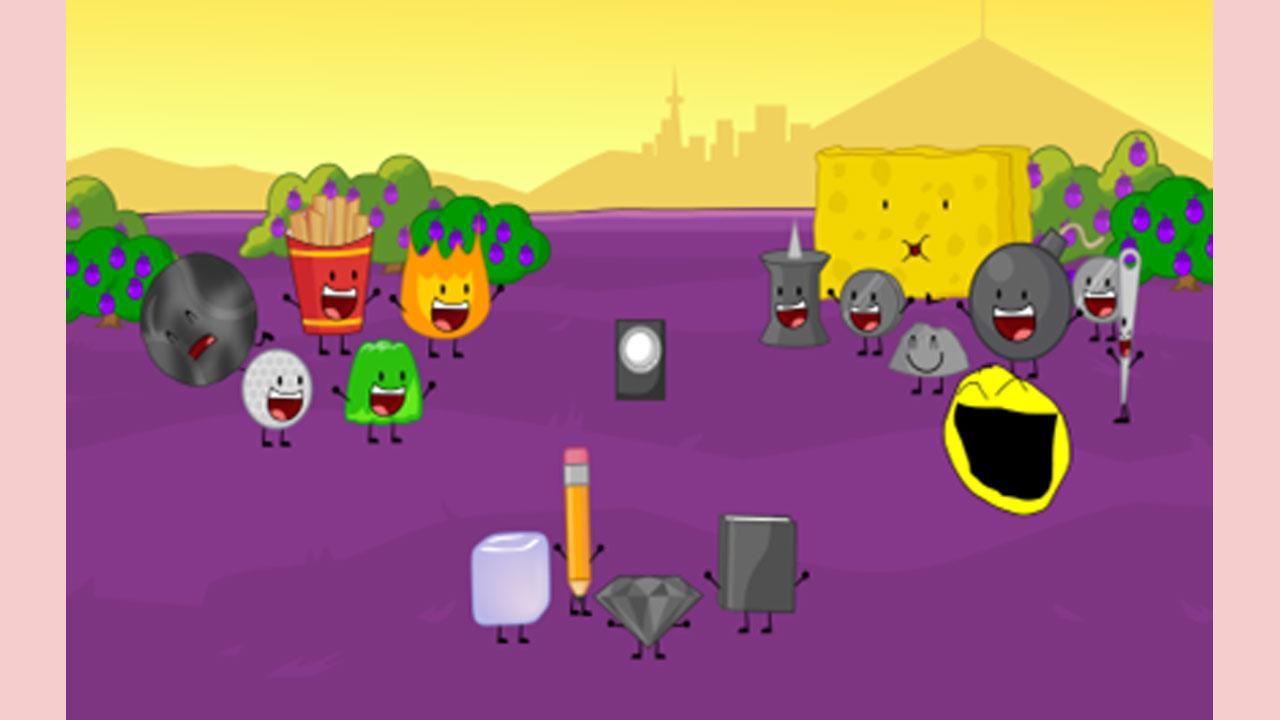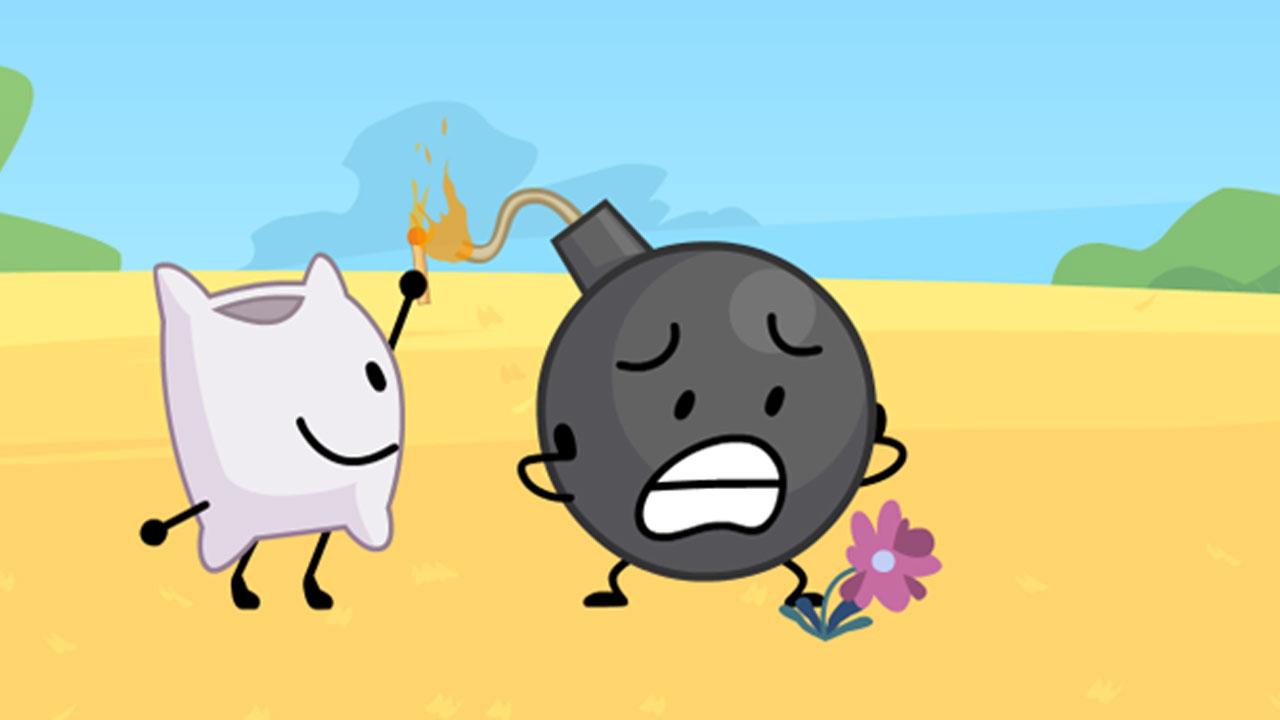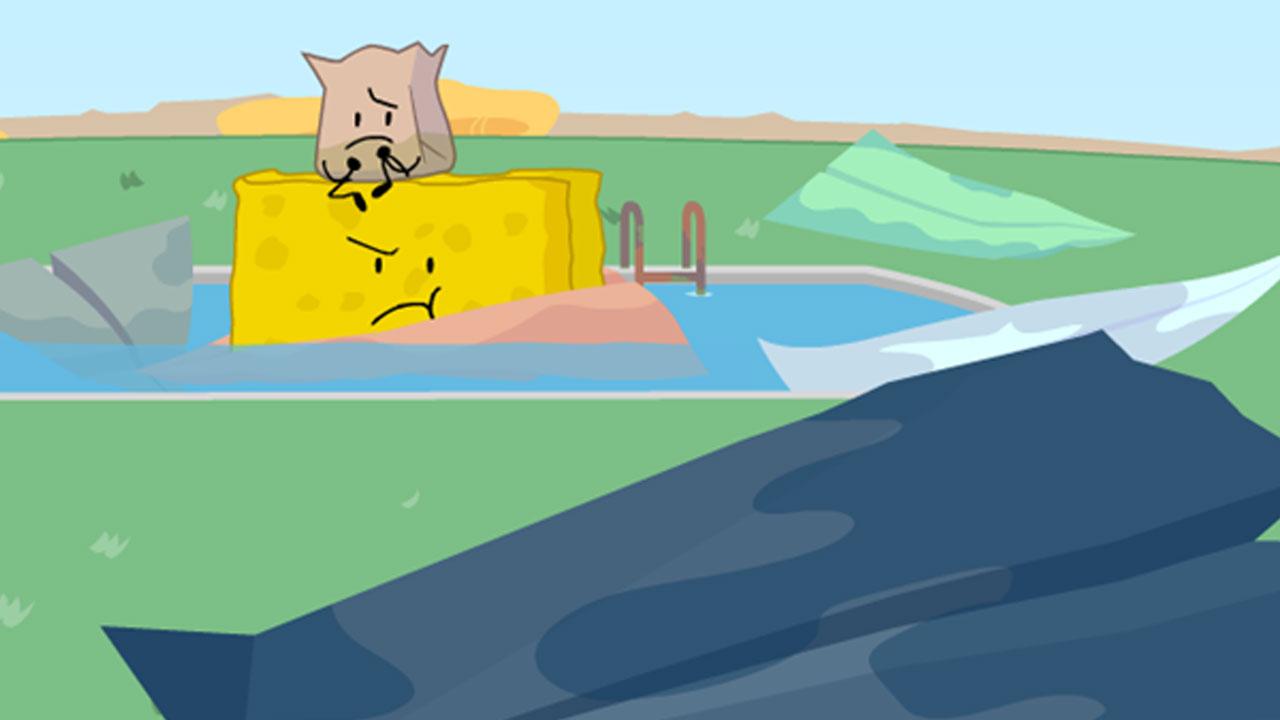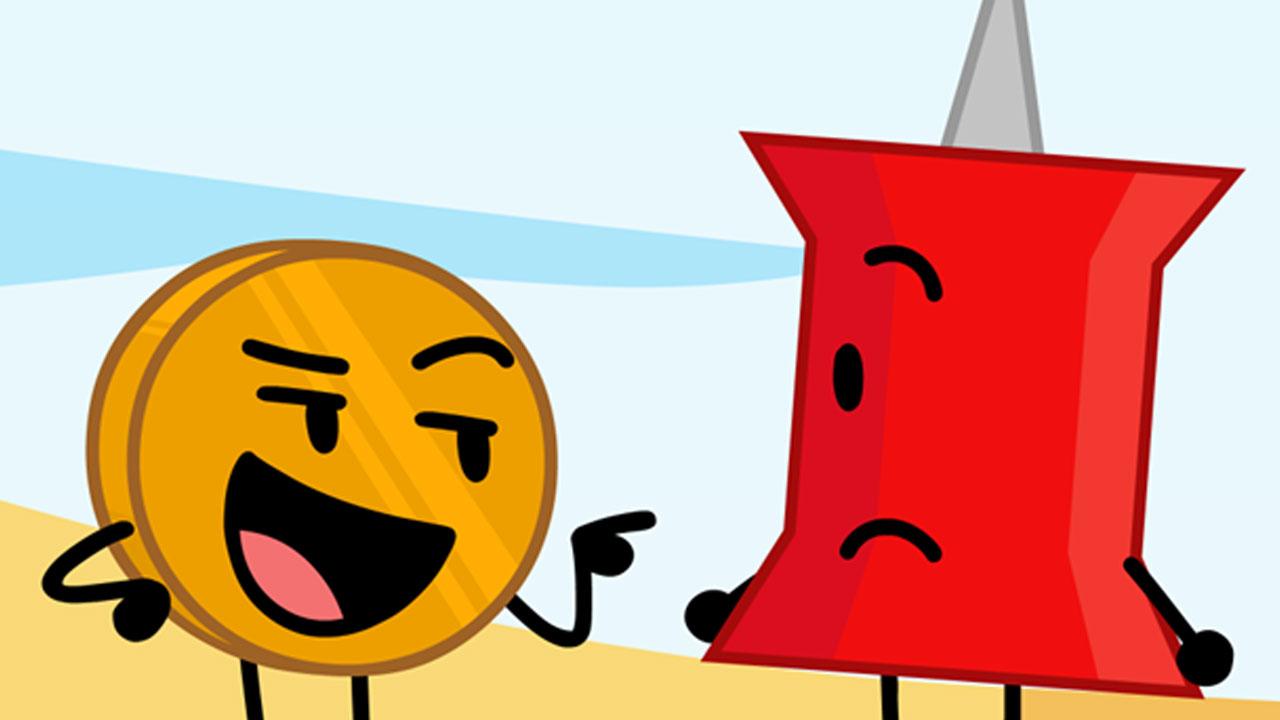Niall Burns orchestrates a harmonious blend of movement and expression, ensuring that each frame of his work resonates with BFDI’s ever-growing audience.

An Interview with Niall Burns
In the landscape of online animation, Niall Burns stands as a pivotal force behind the artistic direction of Battle for Dream Island (BFDI), an animated web series with over 1 billion total YouTube views from India and around the world. Through meticulous attention to detail and a deep understanding of animation principles, Niall Burns orchestrates a harmonious blend of movement and expression, ensuring that each frame of his work resonates with BFDI’s ever-growing audience. Join us as we explore the fascinating world of web-based animation with one of its most influential artists, and find out more about how his work has managed to captivate an audience of millions.
ADVERTISEMENT
Interviewer: The BFDI videos you have worked on have been viewed over 229 million times globally, with 1.8 million of those views being from India alone. Why do you think BFDI has become as popular as it has, and what about the show’s visual style makes it appeal to such a broad audience?
Niall Burns: First, I think it’s important to explain the format of Battle For Dream Island. Each season of the show focuses on a group of characters competing to win a prize as they are eliminated one by one. BFDI is very unique because the audience can directly influence the series by voting for which characters should remain in the show and which characters should be eliminated. The characters in BFDI are all easily recognisable everyday objects like a rock, a leaf and a pencil, depicted with simple cartoon faces and stick figure limbs. The simplicity of the characters works to the show's benefit, as each character will feel familiar to almost any viewer, regardless of who they are or where they’re from.
BFDI’s visual style perfectly complements the show’s wacky characters and storytelling, and is an irreplaceable part of the show’s identity. I absolutely believe the quality of the animation plays a crucial role in helping the show reach new audiences, and keeping the episodes fun and engaging for the millions of fans who watch.
BFDI has a very simple style, making it easy for new viewers to understand, but the style has never been a limitation for what the show can achieve with its visuals. As an animator, my role is to keep the show as visually dynamic as possible, with fluid animation and interesting shot composition that enhances the viewing experience.
Clips from episodes are often repurposed as YouTube shorts and TikTok videos to engage a larger audience through short form content instead of the usual long form episodic content. Animation quality is extremely important as a way of immediately hooking new viewers with eye catching visuals. The short form videos using clips I’ve animated have already gotten 27 million views across both YouTube and TikTok.

Interviewer: How and when did you become an animator for Battle For Dream Island? What has it been like becoming an integral part of a show that went on to win the Cartoon Crave Award for “Outstanding Web Series” in 2021?
Niall Burns: Before I started working on BFDI I was actually a huge fan of the show! I stumbled across the series in 2012 and instantly fell in love with it. Being an aspiring young animator, I ended up creating my own animated YouTube series inspired by BFDI called “Object Overload”, which on its own got over 20 million views on my own YouTube channel “XanyLeaves”. Creating my own animated series really helped me develop my skills in all areas of animation production. Over time I managed to make a name for myself as an animator/content creator, and I was able to grow my channel to over 130,000 subscribers, which resulted in YouTube sending me a Silver Play Button Award!
In 2018, due to my growing reputation, I caught the attention of BFDI’s creators. I was contacted and brought onto the show as an animator. It really was a dream come true! My first role as an animator was for the episode “BFB 13: Return of the Rocket Ship” which currently has over 9.9 million views. I was given the opportunity to animate the opening scene of the episode! It was so cool knowing that the first thing the viewers would see after clicking on the video was my work. I wanted to push the limitations of BFDI’s visuals and create something impactful that would hopefully inspire others the same way the show inspired me.
I’m extremely proud of what the team and I have been able to achieve with BFDI. Thanks to the support from our incredible fans and our efforts on the show, we won the viewer-voted award for “Outstanding Web Series” at the 2021 Cartoon Crave Awards. We’ve also been able to create opportunities for fans to experience the show on a grander scale, like the “BFDI x Inanimate Insanity” events which had episodes premiere in theaters! I’m excited to see what we’re able to accomplish with the show in the future, particularly in India where there is so much potential for the show to grow even more.

Interviewer: Can you tell us more about the usual process of animating an episode of Battle For Dream Island, and what exactly your role is within the team? What is it like collaborating with other crew members like directors, audio editors and other animators?
Niall Burns: So episodes are split into scenes, which are usually between 30 and 60 seconds in length. Typically, the animation process begins with “claiming”, which involves animators reserving which scenes in the episode they will animate. Before the animators start working on their scenes, the audio for the scene is put together by an audio engineer, which includes the characters’ voices as well as necessary sound effects. Prop and background designers will also draw up any necessary visual materials required for the scene, which are then handed off to the animators. It’s an incredibly streamlined process, and it’s extremely rewarding being able to work alongside such a talented group of people. Everyone on the team is so passionate about what we do, and the show wouldn’t be possible without the hard work of everyone involved in all aspects of production.
We use Adobe Animate to animate BFDI, which is a program I am extremely familiar with and have been using variations of for most of my life. Despite the presence of storyboards for each scene, I have plenty of flexibility when it comes to composition of my scenes, as well as how I choose to approach the animation of the characters. This gives me the opportunity to be creative and inject my own flair and style into my work. While I’m animating I like to focus on small details, it’s the little things that really help bring the characters to life. Each character is different, and that needs to come across in how they’re animated. Some characters are lively and energetic, so their movements should be faster and snappier! Other characters are more subdued and so their movements should be subtle and slow. It’s also important to be aware of what the audience is going to feel, and how you can emphasize those emotions through subtle details in the animation. Something as simple as a character’s facial expression for a few seconds can make a scene infinitely more impactful, and making the most out of those opportunities goes a long way in really selling a scene. Once a scene is completed, we’ll send it to the director to be reviewed before it’s approved and finalized.
While scenes tend to vary in terms of complexity, some scenes are especially complex or important to the overall storyline of the episode, and require a higher level of expertise in order to make sure they are executed flawlessly. Due to the skills I’ve developed in my years of experience as an animator, rather than claiming scenes, I’m often directly assigned more important or complex sequences in the episodes. For example, in the episode “BFB 22: Who Stole Donut's Diary?”, the director assigned a scene to me which involved a highly anticipated moment in the show’s storyline and required me to mimic the animation style of a previous BFDI season. It was incredibly important that this scene’s animation was perfect so that the moment had the proper impact. Similarly, in “BFB 27: Uprooting Everything”, one scene of the episode involved a montage of two characters enjoying various activities in a mall. The director wanted the scene’s visuals to be absolutely perfect, so he trusted me specifically to bring his vision to life and enhance it with my own skills and creativity.

Interviewer: What advice would you give to someone looking to get a career in animation, especially on YouTube or within the online content creation space?
Niall Burns: My biggest piece of advice would be to put yourself out there! I have been uploading animations to the internet since I was 10 years old and it’s because of sharing my art that I was able to make a name for myself as an animator. On top of that, it’s important to practice and study, look at other animators’ work and pay attention to the details, figure out what works and apply those things to your own art. Find people who you can share your work with, be open to criticism. Don’t compare yourself to others, focus on your own journey and continue to improve at your own pace, be proud of the progress you make and the work you create. Never be afraid to fail and always be open to learning and trying new things!
As we wrap up our conversation. It’s clear that Niall Burns’ dedication to his craft and his passion for storytelling through animation has been a fundamental part of Battle For Dream Island’s continued growth and success. We hope this interview has offered valuable insights and inspiration to aspiring animators and animation enthusiasts alike, and we’re excited to see what the next chapter in his extraordinary journey holds.
 Subscribe today by clicking the link and stay updated with the latest news!" Click here!
Subscribe today by clicking the link and stay updated with the latest news!" Click here!





